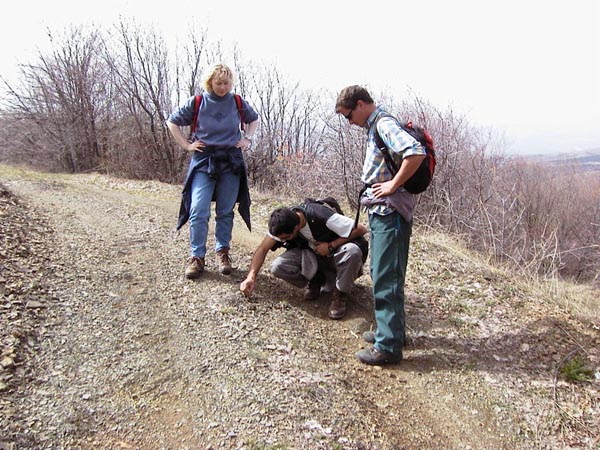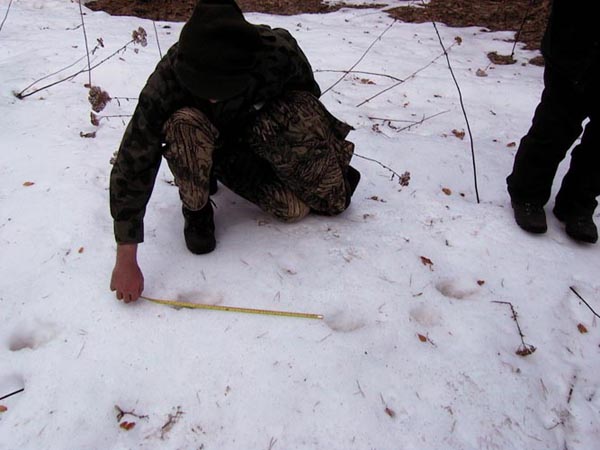

One of the missions of the Marsh Institute (GPMI) is to perform and integrate research, as reflected in leading edge work in ecology, conservation biology, landscape ecology, and related disciplines, and to communicate this to a wide audience.
Ecological research tends to be long-term, using conceptual and mathematical models, historical, but it is also concerned with mortality patterns, the role of artifacts, the importance of diversity, old growth structure, minimum viable populations, sustainability of habitats, and important keys, whether species, patterns, or relationships.
The reductionist path taken by science has yielded tremendous results about how the world is built up out of particles and pieces. Now that we have uncovered the complexity, we need to address relationships. This is where the synthetic path can help, by identifying emergent principles and operations. Science as an open, self-referential, self-correcting system capable of using analytic and synthetic methods. Ecoforestry is based on a set of principles that suggest approaches to research and practical applications. These apply to concepts of diversity, complexity, extinction rates, evolutionary change, and ecological value.
Even if traditional science addresses new areas of research, its approach has significant limitations, such as the use of predicate logic or the requirement of invariance. To be truly comprehensive, ecological research starts with deductive, synthetic, conceptual, historical models based on data generated from research, the rates of resource use, cultural valuation, minimum wilderness preservation, air and water quality, genetic minima, nonrenewable resources, appropriate technological innovation, the importance of cultural frameworks, adventure, research, beauty, uniqueness, and other intangible experiences.
To explore its comprehensive approach the Marsh Institute has set up several small research projects in Idaho and Washington. It will begin collaborating on projects in Bulgaria, India, and Norway.
Past and current projects include:
Summary
Advances in science have been quite remarkable. GPMI tries to ask in what directions research could be taken to continue being remarkable, but applicable to whole ecosystems (inclusive of human habitation). While pure research continues to reveal unimaginable details of ecosystems, and while applied research continues to support sophisticated ecosystem use, more ecological and landscape research is needed. Research is expensive, time-consuming, labor-intensive, and uncertain, but GPMI continues to engage in it.
Please write for more information:
Research Program, Marsh Institute, P. O. Box 370, Tallevast, FL 34270 (or
email: ecologists@marshinstitute.net).
Back to the GPMI
main page.
